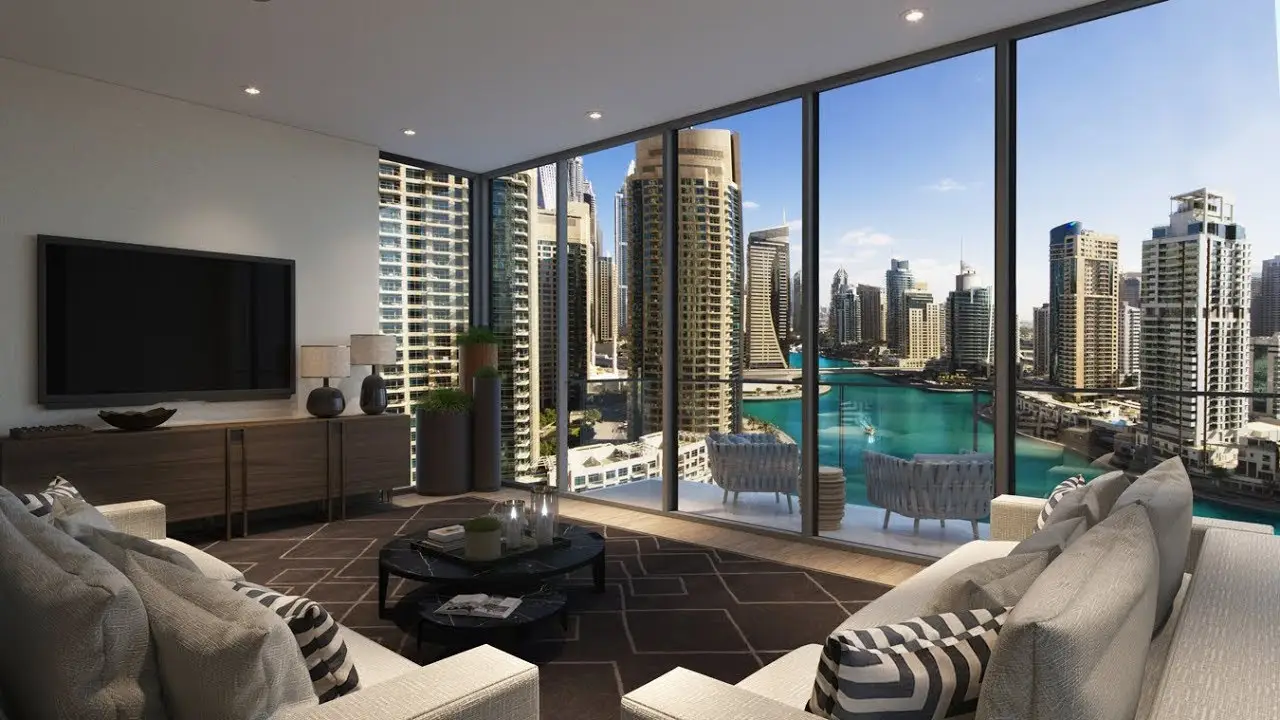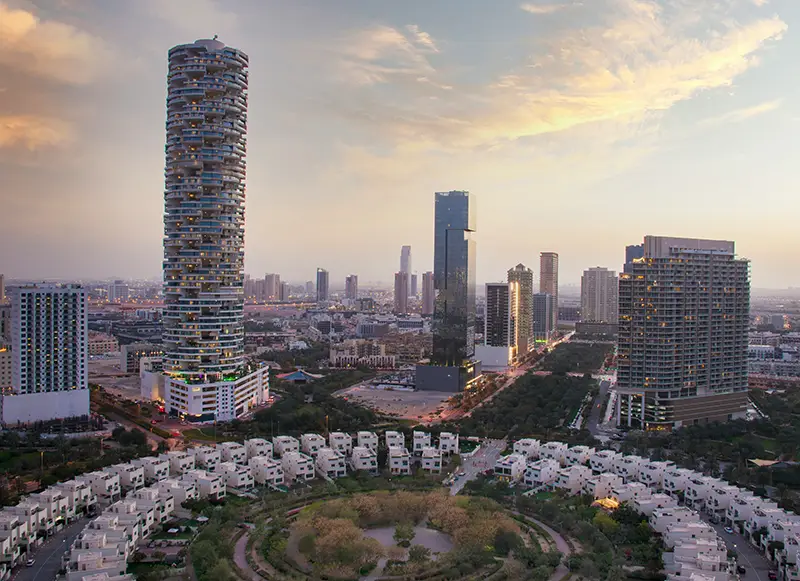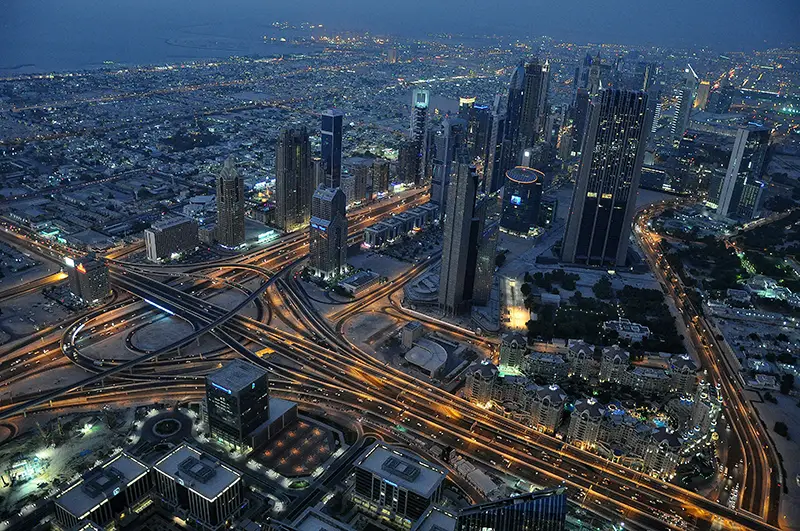The United Arab Emirates has become a global hub for entrepreneurs, investors, and professionals seeking financial independence. The country offers zero taxes, a high level of security, a stable economy, and a comfortable life. But what does a residency permit in the UAE offer besides legal residence?
The status provides access to banking services, business opportunities, long-term residency in the country, and the prospect of obtaining citizenship. Many foreigners view the Emirates as a new place for living and working, using local legislation to optimize investments and protect capital.
How to Obtain Residency in the UAE?
Obtaining residency in the Emirates is possible through several methods. Among the most popular options are investment programs and business immigration.
1. Opening a Company
Registering a business is one of the fastest ways to obtain a residency visa. The country has free economic zones where you can open a company with 100% foreign capital. To obtain residency, you need to register the company, contribute the share capital (if required), and confirm business activity.
2. Real Estate Purchase
If you are interested in residency in the UAE for foreigners, buying real estate is one of the most accessible options. The minimum investment amount is $205,000, and for larger investments, you can obtain a long-term visa for 5-10 years.
There are no restrictions on investment choices, but it is important to note that the property must be owned, not rented.
3. Employment Contract
When employed by a local company, the employer arranges a residency visa. This option is convenient for specialists in IT, finance, construction, and hospitality.
Dubai – Center of Innovation and Comfort
The business capital of the UAE is Dubai, which attracts expatriates with its standard of living and developed infrastructure. Here, you can find world-class schools, medical centers, modern residential complexes, and advanced transportation.
The city actively develops the IT sector, startup industry, and real estate, making it attractive for investors and professionals.
How to Renew Residency in the UAE?
A resident visa is issued for 2-10 years, depending on the category, and can be renewed if conditions are met. If a resident owns property, the residency permit can be extended by maintaining property ownership. For entrepreneurs and employees, extension is possible with an active business or employment contract.
Who Benefits from Obtaining Residency in the UAE?
Obtaining residency in the Emirates opens up wide opportunities for foreigners to conduct business, protect capital, and enjoy a comfortable life. In recent years, the residency permit for foreigners has become particularly sought after due to tax benefits, a stable economy, and developed infrastructure. Let’s consider who benefits from obtaining residency and what it offers:
- entrepreneurs – conducting business without taxes;
- investors – capital protection and stable income from enterprises;
- freelancers and remote workers – a comfortable life in a country with a high level of security;
- families – access to elite education and medical services.
Choosing a residency visa is a strategic decision for those who not only want to legally reside in the country but also take advantage of its financial and tax benefits. Thanks to the flexible conditions for obtaining and transparent rules for renewing residency, the UAE becomes an excellent alternative for expatriates and entrepreneurs seeking stability and security.
Is it Possible to Obtain UAE Citizenship?
Traditionally, the Emirates have been considered a country where obtaining citizenship is nearly impossible. Since 2021, the authorities have softened the legislation, allowing certain categories of foreigners to become full-fledged citizens. Currently, the government grants citizenship in exceptional cases, and the standard naturalization methods common in other countries do not apply here:
- for special merits – the opportunity is open to scientists, doctors, engineers, prominent figures in culture and the arts;
- through investments in the UAE – although long-term residency rights for foreigners can be obtained through investments, the status itself does not lead to citizenship. However, substantial investments in the country’s economy may lead to consideration of the application;
- through marriage – a foreign woman married to a citizen of the Emirates can apply for citizenship, but only after 10 years of marriage and meeting certain conditions. For men, this option is not possible – marrying a citizen does not grant the right to a passport;
- through long-term residency – there is no official naturalization program for expatriates, but there are rare cases where a person who has lived in the country for 30 or more years may obtain citizenship by special decree of the government.
It is important to understand that even if all conditions are met, the final decision remains with the government of the country. Nevertheless, even without citizenship, a residency permit in the Emirates offers residents numerous advantages: access to banking services, the opportunity to purchase real estate, and conduct business in a country with one of the most stable economies in the world.
What Does Residency in the UAE Offer: Conclusions
What does residency in the country offer? Freedom from levies, the opportunity to conduct business in international jurisdictions, access to the premium property market, and a comfortable life in one of the most developed countries in the world.
The Emirates offer simple and fast paths to obtain residency: registering a company, buying real estate, or making investments. Moreover, the conditions for extending residency are transparent and convenient.
If you need financial stability, security, and a comfortable living environment, residency in the UAE is your best choice!










 The cost of property depends on many factors: neighbourhood, type of building, view from the window, infrastructure nearby. For example, in prestigious parts of the city, such as Downtown or Dubai Marina, prices are higher due to proximity to major attractions and status. In less popular neighbourhoods such as JVC, the cost will be lower, making them a good option for those looking for comfort at a reasonable price.
The cost of property depends on many factors: neighbourhood, type of building, view from the window, infrastructure nearby. For example, in prestigious parts of the city, such as Downtown or Dubai Marina, prices are higher due to proximity to major attractions and status. In less popular neighbourhoods such as JVC, the cost will be lower, making them a good option for those looking for comfort at a reasonable price. Buying residential property in the city of contrasts is a profitable investment that combines a high level of comfort, prestige and prospects for growth in the value of the object. In order to buy a flat in Dubai and do it safely, it is important to follow a step-by-step process, take into account legal aspects and choose the neighbourhood carefully. The city offers unique opportunities for living and investment.
Buying residential property in the city of contrasts is a profitable investment that combines a high level of comfort, prestige and prospects for growth in the value of the object. In order to buy a flat in Dubai and do it safely, it is important to follow a step-by-step process, take into account legal aspects and choose the neighbourhood carefully. The city offers unique opportunities for living and investment.